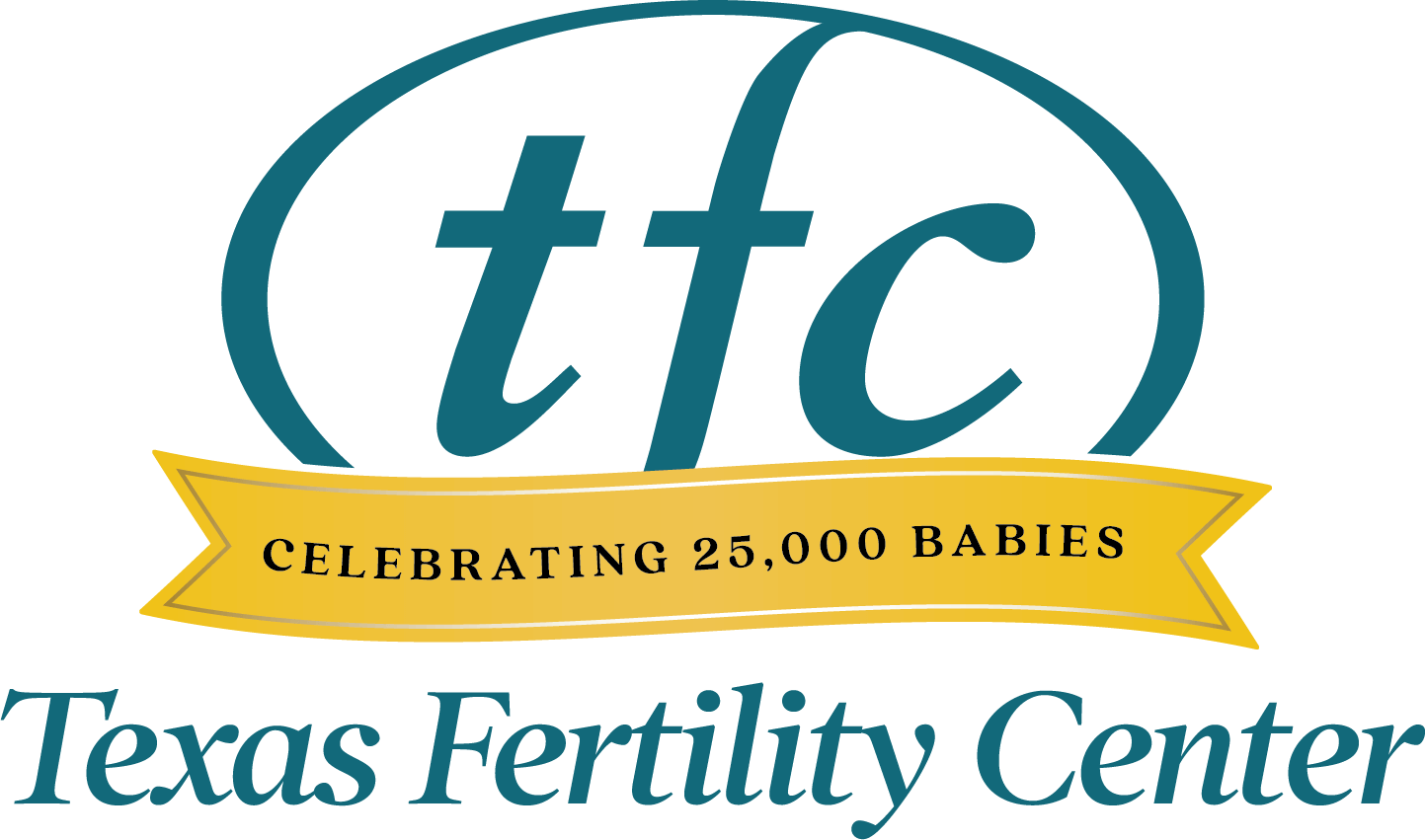
Learning more about weight and infertility can help you on your path to parenthood
When you’re trying to conceive, it’s important to think about more than just your reproductive health. You also need to consider your overall health, diet and lifestyle to have the best chance of having a healthy baby. Many patients don’t know about the strong link between weight and infertility. However, having a low or high BMI and fertility issues often go hand in hand.
With this in mind, Dr. Susan Hudson focuses on treating the whole person during fertility treatment. She provides education and support to help hopeful parents like you understand all the reasons why they’re struggling to conceive. As a New Braunfels fertility doctor, she also explains the lifestyle changes and proven treatments that can make parenthood possible.
Understanding the relationship between weight and infertility
Every aspect of your health can influence your ability to conceive and give birth to a healthy baby. In addition to advanced maternal age and female fertility issues, having a body mass index (BMI) that is too low or too high can interfere with fertility.
- Patients with a BMI below 18.5 are in the underweight category.
- A normal BMI is 18.5 to 24.9.
- Those with a BMI between 25 and 29.9 are considered overweight, while people with a BMI of 30 or greater fall into the obese category.
You can use a free online tool from the National Institutes of Health (NIH) to calculate your BMI using your height and weight, which is good first step if you are concerned about your weight and infertility.
Knowledge is power when learning about BMI and fertility issues
Due to the relationship between weight and infertility, patients with a high or low BMI can experience fertility issues for several reasons.
- Hormonal imbalances can occur when women are underweight or overweight. Fat cells produce more estrogen, which affects ovulation. Having too much or too little estrogen can lead to irregular menstrual cycles.
- Increased health risks for moms and babies are considerations when discussing BMI and fertility. Women who are underweight are more likely to have premature or low-birth-weight babies. As for patients who are overweight, they have a greater risk of having preeclampsia, gestational diabetes and the need for a C-section.
- Interference with fertility treatment is possible in women who are obese. For example, women who are obese may not respond as well to the ovarian stimulation medications used in IVF.
It is possible to decrease your risk of experiencing these issues due to weight and infertility. Our New Braunfels fertility doctor can work with you to make sustainable changes to your diet and physical activity. Our team can also make referrals to other medical professionals to help you achieve a healthy BMI before conceiving.
In addition to supporting lifestyle changes, Dr. Hudson can also create a customized fertility treatment plan. Based on your unique needs and goals, she will help you choose the best options to overcome infertility and bring home a baby.
Texas Fertility Center is here to support you on your family-building journey. Contact us to schedule an appointment and learn how we can help you.



